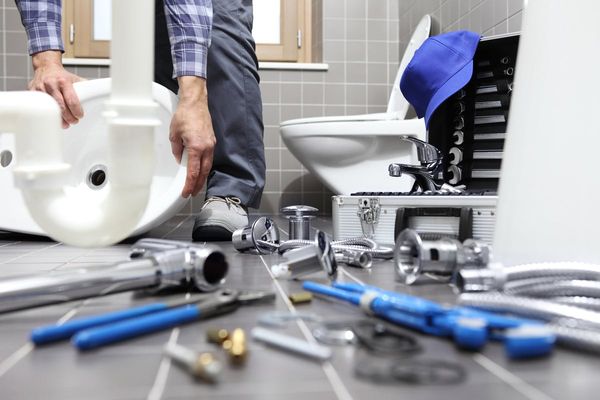THE boss of CalMac has said it is a “huge relief” to have the MV Glen Sannox finally set sail for Arran as he pledged the vessel would be much more resilient than her predecessors.
The ferry set out from Troon for Brodick on her official maiden voyage at 6.30am on Monday amid choppy waters.
An amber warning had been issued prior to sailing as it was thought high winds may cause disruption, but she got across the Firth of Clyde safely to the relief of all on board.
The Glen Sannox should have launched on the route in 2018 but the vessel and her sister ship the Glen Rosa have endured a saga of delays and technical problems, with total expenses now reportedly exceeding £380m.
CalMac chief executive Duncan Mackison said it was a “huge relief” to have the vessel hit the seas given the country’s eyes had been on its long-awaited launch for years.
“It is a huge, huge relief,” he told reporters aboard the ferry.
“Maybe I shouldn’t say that, but Scotland’s eyes have been on this vessel for a long time and you live it week by week, day by day, [checking] how things are going, what still needs to be done.
“But we’ve landed in a really good place. When we managed to get that sailing yesterday there was a big sense of excitement.”
On Sunday, the ship went on a trial run back and forth on the route, a decision which was made last minute by the crew amid disruption to the MV Alfred, but Monday marked her official launch.
Mackison said she is a much more powerful and modern vessel which would withstand stormier conditions much better than the likes of the MV Alfred and MV Isle of Arran which have been sailing to and from Arran in recent months from Troon and Ardrossan respectively.
Staff on the ship speculated that other vessels would not have set sail in the conditions, with the MV Alfred not due to sail on Monday.
Mackison said: “This is a modern, much more powerful vessel. When she’s in transit, she’s faster and coming alongside the port the bow thrusters are much more powerful.

The ship runs on both diesel and liquified natural gas (LNG), with diesel mostly used for just coming in and out of ports. It is the first of its kind in the UK.
While Mackison was delighted to get the ship running, he did stress the need for a decision to be made on the future of the Ardrossan port.

The two new ships are too big to berth at Ardrossan, with residents on both sides of the Firth of Clyde desperate to see the port developed to secure its future.
The MV Alfred is only due to continue sailing from Troon until the Caley Isles returns. The Isle of Arran has been deployed elsewhere on the network.
The Ardrossan Harbour Project was given the go-ahead in 2018 by then transport minister Humza Yousaf, who promised the town would remain the main gateway to Arran, but Transport Scotland paused the project in 2023 following concerns about rising costs and said a new business case would be developed.
Given it takes longer to get to Arran from Troon, the Glen Sannox will be restricted to three daily return crossings compared to the usual five from Ardrossan.
Bill Calderwood, chairman of Arran Community Council, told the Sunday National he is concerned that when the Glen Rosa begins sailing from Troon in the autumn, the Caley Isles could be deemed surplus to requirements, which would leave no sailings going from Ardrossan.
Given that lots of health and social care and teaching staff base themselves in or near Ardrossan and the journey is shorter, Arran residents have expressed they would much rather see Ardrossan Harbour preserved for the future.
Asked about the situation, Mackison told The National: “The notion of having spare vessels in the fleet would be good. We’ve not been able to fill gaps for a long time so to a certain extent, from my perspective, that might be a good problem to have.
“But a decision needs to be made about Ardrossan and I think that would settle everyone down and we can allocate vessels to the routes.”
Mackison added: “What we lose in crossings [to Troon] we make up for a bit in capacity because she’s a bigger ship but that’s not the whole story. There is a bigger debate about the future of Ardrossan and our customers on Arran have got a view about Ardrossan vs Troon and we will work with that.”







